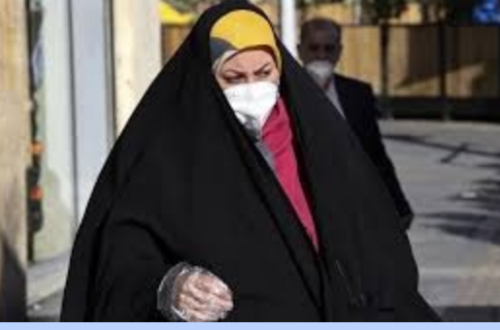Rafiq Tagi died on 23 November, four days after being stabbed by unknown assailants in Baku. He was a controversial figure, and in 2007 was sentenced to three years in prison following the publication of ‘Europe and Us’, an article which asserted that religion was holding back progress in Muslim countries. This article was perceived to be critical of Islam and the Prophet Muhammad, a charge Tagi himself denied.
As PEN reports, the controversy split public opinion in Azerbaijan, with conservative groups expressing outrage, and other Muslims demonstrating in support of Tagi. The article led to a fatwa being placed on him by an Iranian cleric, Grand Ayatollah Fazel Lankarani, calling for his death. Tagi was pardoned and released later in 2007.
Another possible motive for the attack is a more recent article, published on the website of Radio Free Europe, ‘Iran and the Inevitability of Globalization’, in which Tagi criticised the Iranian government.
Tagi had seemed to be responding well to treatment – he gave an interview just an hour before he died – and there is speculation as to whether he might have been poisoned in hospital. The Iranian Embassy in Baku has denied any involvement in Tagi’s death.
Shortly after the attack, Emin Milli, an Azerbaijani blogger and activist, wrote:
One of my friends, philosopher Agalar Mammadov, once said that “words are dead in Azerbaijan”. But the number of attacks on activists like myself, and journalists like Tagi show that words are not obsolete. You can be punished for your words; killed for what you think and write. Rafiq Tagi lives in Azerbaijan and has no plans to leave the country. Unlike Salman Rushdie, he does not get a police escort when he appears in public. He has not run away; he stands behind his words. That deserves huge respect regardless of what we may think of his views on religion, God or life in general.
Hat Tip: Butterflies and Wheels


